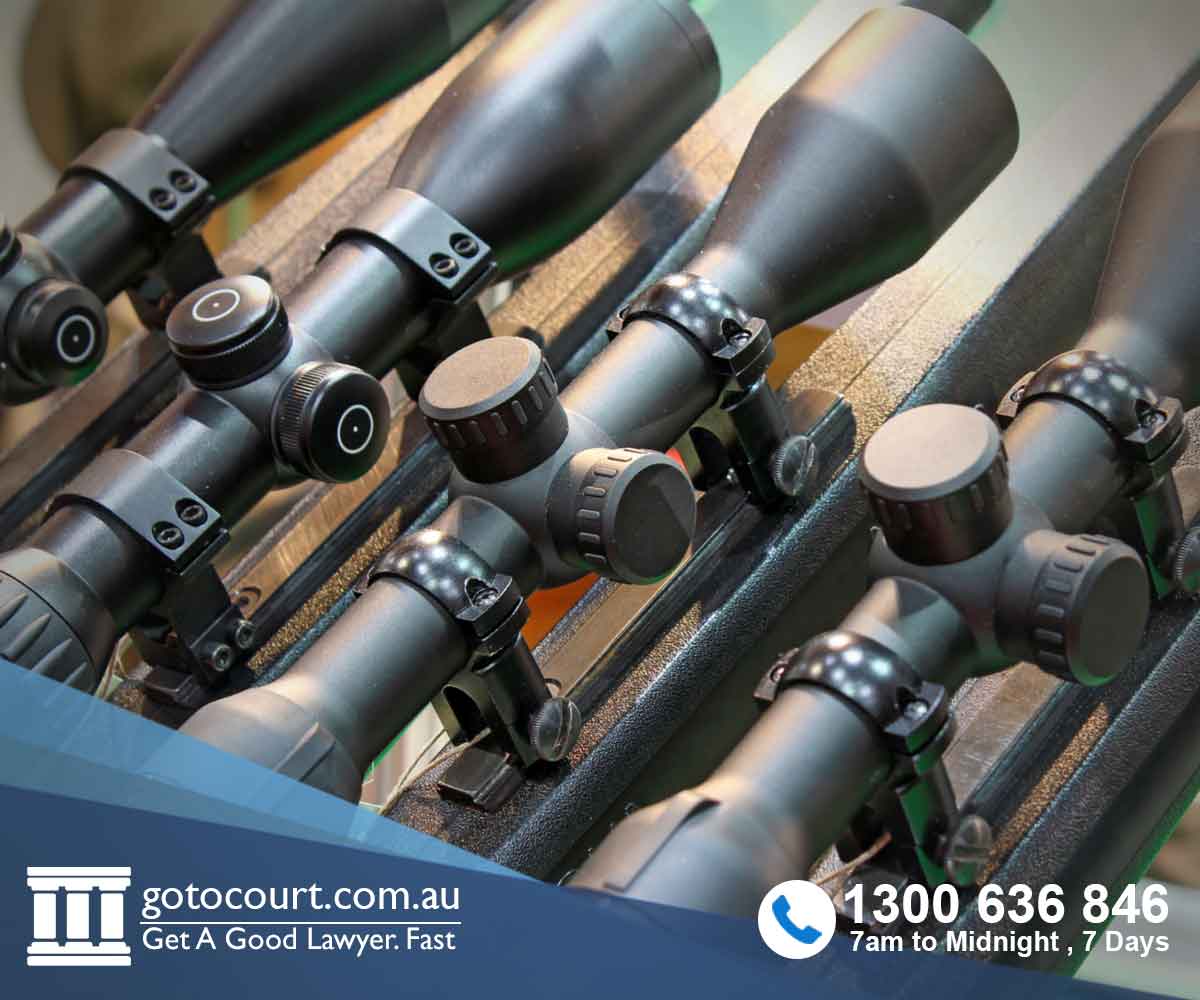Breaches of Intervention Orders (SA)
Breaches of Intervention Orders (SA)
In South Australia, it is a serious offence to breach an intervention order (IO). This offence can attract a sentence of imprisonment and a person charged with breaching an IO may not be granted bail. This page deals with the offence of breaching an intervention order in South Australia.
Legislation
The offence of breaching an Intervention Order is set out in section 31 of the Intervention Orders (Prevention of Abuse) Act 2009.
What is an intervention order?
An intervention order is a court order that restricts the behaviour of a person (the defendant) towards another person (the protected person). It may carry conditions that the defendant must not contact the protected person at all, or that the defendant may only contact the protected person under specific circumstances, such as when making arrangements for contact with children.
What to do if an intervention order is breached
If you are the protected person in an intervention order and you believe the defendant has breached the order, you should inform the South Australian Police as soon as possible. Keep any evidence of the breach such as text messages or voice messages.
If you feel you are in immediate danger, call 000.
What happens if I breach an intervention order?
An intervention order is a civil matter between two parties; however, a breach of an order is a criminal offence and if you are found guilty, you will receive a conviction.
The maximum penalty for breaching an IO is two years imprisonment or a fine of $2,000.
A person found guilty of breaching an intervention order may also be ordered to undertake an intervention program under section 13 of the Intervention Orders (Prevention of Abuse) Act 2009.
Defence of mistake of fact
The offence of breaching an IO is a strict liability offence. This means that a person does not need to have a specific mental state (such as intention). However, they must have committed the offence knowingly.
If the accused did not know or was mistaken about one of the circumstances that made their conduct a criminal offence, they may be acquitted. It is important to note that this defence relates only to mistakes of fact (not mistakes of law).
Here is an example. Person A has an intervention order against Person B that states that they must not attend an address where Person B is living. Person A attends a party at the house of Person C and finds Person B there. It turns out that Person B moved in with Person C two weeks ago. In this situation, Person A can rely on the defence of mistake of fact. They honestly believed that Person A was not living at the house.
Other defences
There are other defences that may be relied on in relation to a charge of breaching an intervention order. These include mental impairment and emergency.
What if the protected person contacts me?
If the protected person initiates contact with the defendant in an intervention order, the defendant may still be found to have breached the order. A protected person in South Australia cannot be found guilty of inciting a defendant to breach an order. It is the defendant’s responsibility to ensure they adhere to the conditions of the order.
Here is an example. There is an intervention order in place with a condition that the defendant must not contact the protected person directly or indirectly. The protected person sends a text message to the defendant and the defendant replies. In this situation, the defendant is guilty of breaching the order.
Applying for bail
If a person is charged with breaching an intervention order, they may or may not be granted bail.
If the person is charged with a breach that includes violence and is granted bail, the following conditions must be imposed:
- That the person live at a specified address and leave that address only for specified purposes – such as to attend work and medical appointments; and
- That the person be subject to an electronic monitoring condition.
As electronic monitoring is not available in remote locations, a person who lives remotely will not be granted bail in respect of a breach of an intervention order that involves violence.
If you require legal advice or representation in any legal matter, please contact Go To Court Lawyers.

Affordable Lawyers
Our Go To Court Lawyers will assist you in all areas of law. We specialise in providing legal advice urgently – at the time when you need it most. If you need a lawyer right now, today, we can help you – no matter where you are in Australia.How It Works




1. You speak directly to a lawyer
When you call the Go To Court Legal Hotline, you will be connected directly to a lawyer, every time.

2. Get your legal situation assessed
We determine the best way forward in your legal matter, free of charge. If you want to go ahead and book a face-to-face appointment, we will connect you with a specialist in your local area.

3. We arrange everything as needed
If you want to go ahead and book a fact-to-face appointment, we will connect you with a specialist in your local area no matter where you are and even at very short notice.











